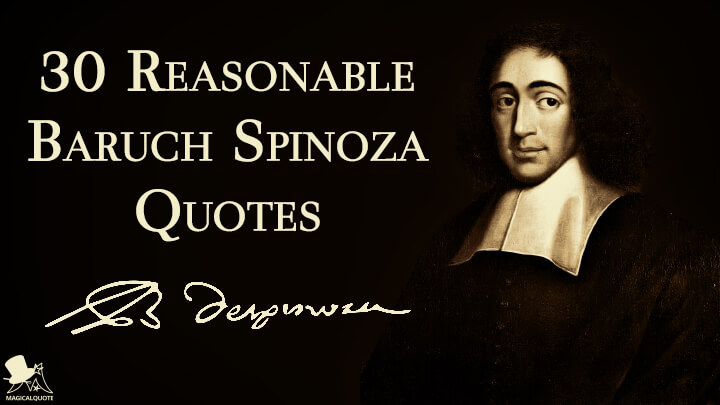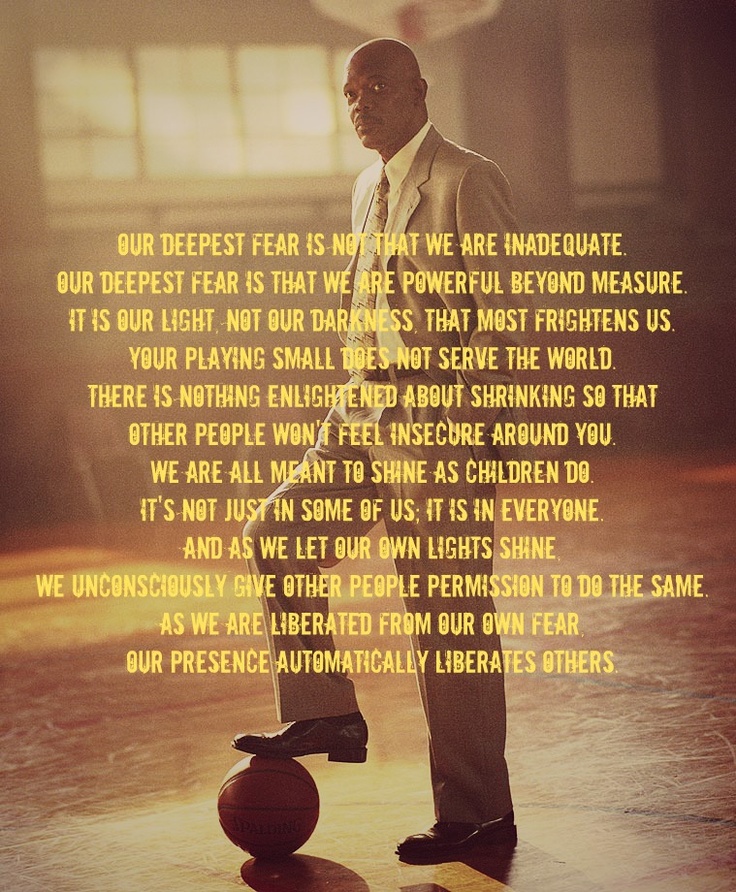Python variables declare variable public programming private define example string types declaring initialize value class print protected scope assign guru99
Table of Contents
Table of Contents
In Python, variables play a crucial role in storing data that can be used in a program. However, there may be times when you need to put quotes around a variable in Python, and this can be a bit confusing for beginners. In this blog post, we will explore how to put quotes around a variable in Python.
Potential Pain Points
If you are new to Python, putting quotes around a variable might seem a bit counterintuitive. However, there are valid reasons why you would want to do this. For example, if you have a variable that contains a string of text, and you want to pass that variable to a function or method that requires the string to be in quotes, you need to know how to add those quotes to the variable.
Answering the Target
Adding quotes to a variable in Python is relatively simple. All you need to do is include the quotes around the variable name. For example, if you have a variable called “name” that contains the string “John”, you would add quotes to the variable like this: "name". This will result in the string “John” being passed to any function or method that requires a string value in quotes.
Summary
In summary, putting quotes around a variable in Python is a simple process that can be very useful in certain situations. By including the quotes around the variable name, you can ensure that the string value is passed correctly to any function or method that requires it. This can save time and prevent errors in your code.
How To Put Quotes Around A Variable In Python
When I first started learning Python, I found it confusing to put quotes around a variable. However, I soon realized that it was a simple process, and it has saved me time and prevented errors in my code. For example, I was working on a project that required me to pass a string variable to a function that required the string to be in quotes. I was able to add the quotes to the variable easily, and the function worked correctly.
 Why You Should Put Quotes Around A Variable
Why You Should Put Quotes Around A Variable
Putting quotes around a variable in Python can be useful in certain situations. For example, if you have a string variable that needs to be passed to a function or method that requires the string to be in quotes, you can add the quotes to the variable to ensure that it is passed correctly. This can save time and prevent errors in your code.
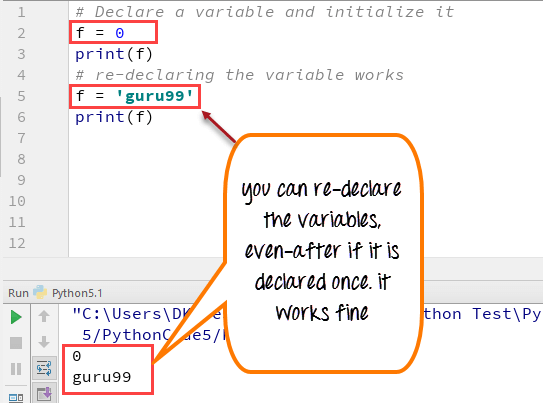 ### How To Put Quotes Around A Variable
### How To Put Quotes Around A Variable
To put quotes around a variable in Python, all you need to do is include the quotes around the variable name. For example, if you have a variable called “name” that contains the string “John”, you would add quotes to the variable like this: "name". This will result in the string “John” being passed to any function or method that requires a string value in quotes.
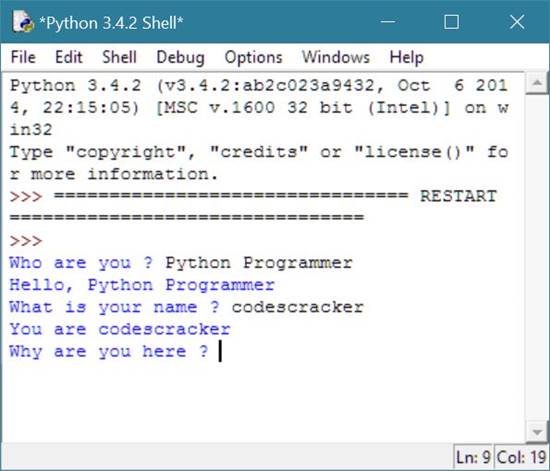 #### The Importance of Putting Quotes Around Variables
#### The Importance of Putting Quotes Around Variables
Putting quotes around variables in Python is an important skill to learn. By including the quotes, you can ensure that your code works correctly and that strings are passed to functions and methods as expected. This can save time and prevent errors in your code. Additionally, understanding how to add quotes to variables can make your code more readable and easier to understand.
Question and Answer
Q1. When would I need to put quotes around a variable in Python?
A1. You would need to put quotes around a variable in Python when you have a string variable that needs to be passed to a function or method that requires the string to be in quotes.
Q2. Can I put quotes around any variable in Python?
A2. No, you can only put quotes around variables that contain string values.
Q3. What happens if I don’t put quotes around a string variable in Python?
A3. If you don’t put quotes around a string variable in Python, you may get a “NameError” or “SyntaxError” telling you that Python doesn’t recognize the variable.
Q4. Is it bad practice to put quotes around a variable in Python?
A4. No, it is not bad practice to put quotes around a variable in Python. In fact, it can be a useful technique in certain situations.
Conclusion of How To Put Quotes Around A Variable In Python
Putting quotes around a variable in Python is a simple process that can be very useful in certain situations. By including the quotes around the variable name, you can ensure that the string value is passed correctly to any function or method that requires it. This can save time and prevent errors in your code.
Gallery
Python Variables And Assignment - Python
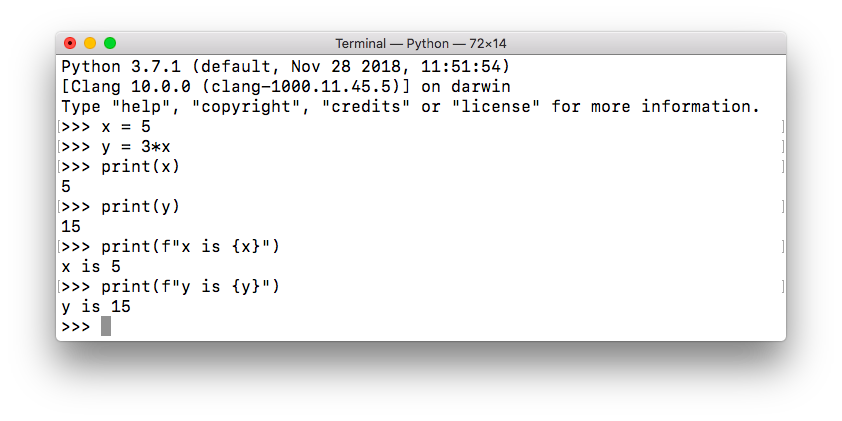
Photo Credit by: bing.com / variables python variable formatted
Call Different Dictionaries Recursively - Python - The FreeCodeCamp Forum

Photo Credit by: bing.com / python string variable convert dictionaries recursively
Python Variables

Photo Credit by: bing.com / python variables variable output create fourth enter examples button
Python Variables: How To Define/Declare String Variable Types

Photo Credit by: bing.com / python variables declare variable public programming private define example string types declaring initialize value class print protected scope assign guru99
Find Type Of Variable Python ~ Bookletdesigns

Photo Credit by: bing.com / python
